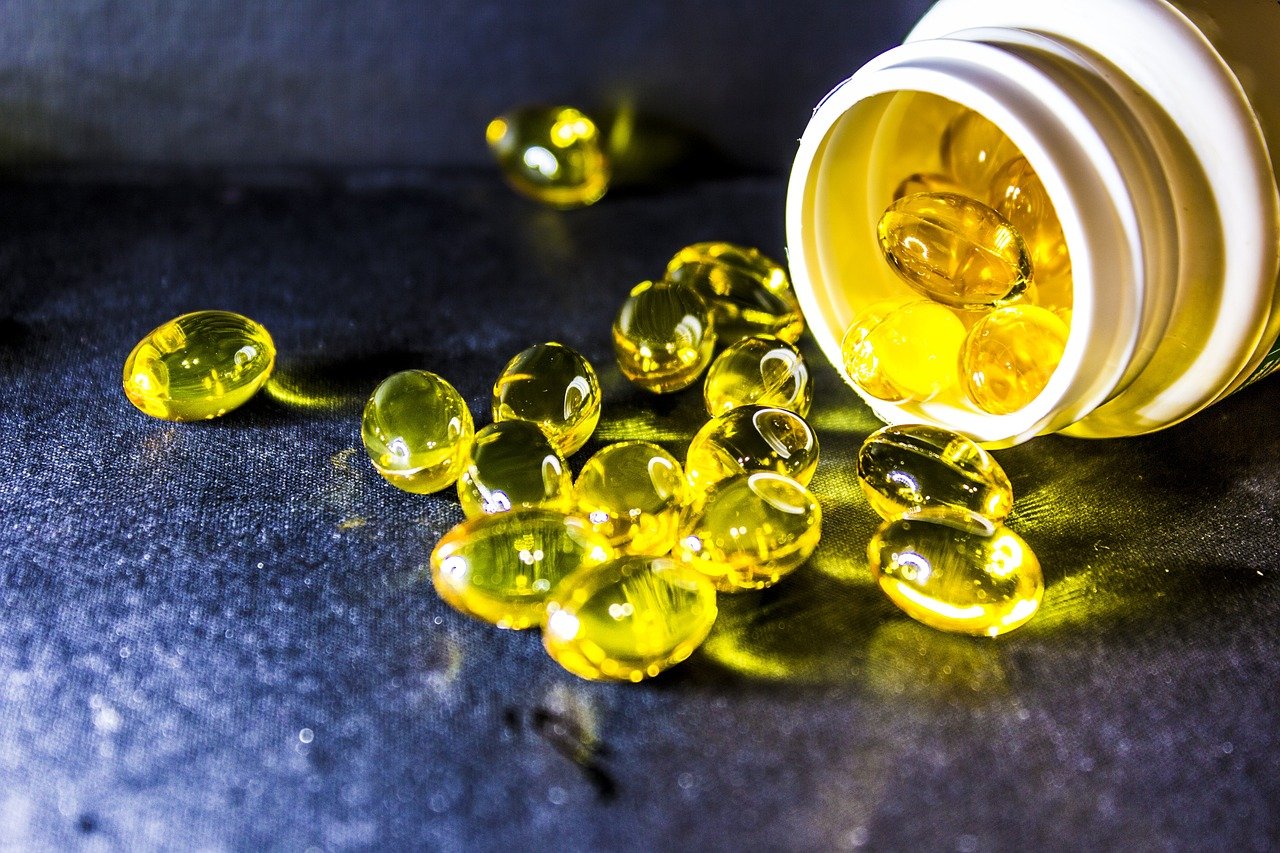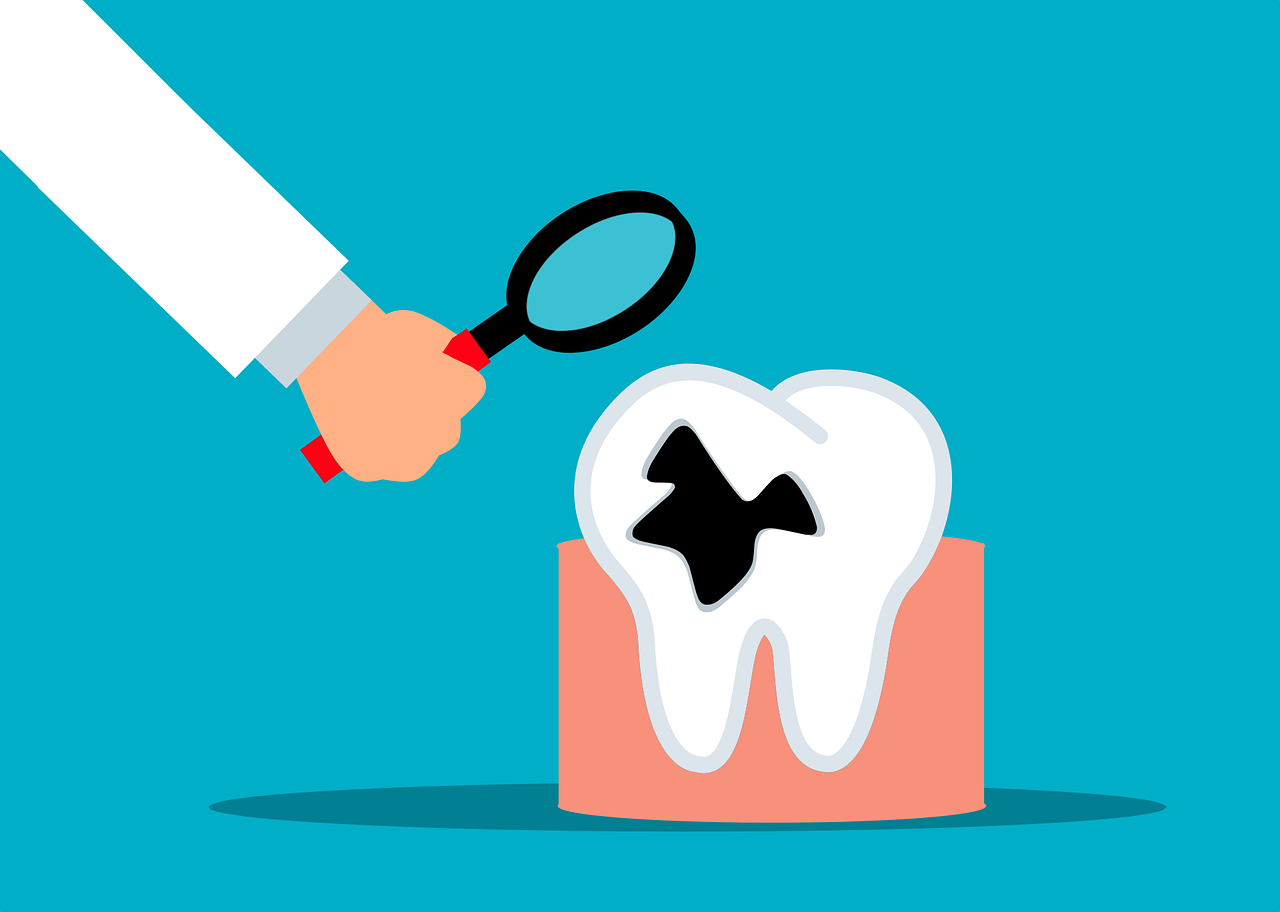Importance of nutrition for oral health
Everyone is aware of the importance of diet for overall health, but oral health is also greatly influenced by it. However, the vitamins, nutrients, and minerals that we get from food and supplements play a more important role in maintaining our oral health and keeping our mouths healthy. Foods you eat, like sugar, can certainly have an immediate impact on your teeth.
Your teeth and gums can be negatively impacted by the foods you eat on the inside as well. When you do not consume enough foods that contain specific nutrients necessary for teeth or gum health, you may develop vitamin deficiencies that harm your oral health.
This blog has been written to highlight the importance of different nutrients, vitamins, and minerals and their impact on your oral health.
Which nutrients promote the development of strong teeth?
Among all the minerals, calcium is crucial for good oral health. By bolstering your tooth enamel, it creates strong teeth. For a number of reasons, adequate calcium intake is necessary for healthy teeth. First, osteoporosis, a bone condition characterized by a loss of bone density and bone weakening, can develop as a result of an inadequate calcium intake. When osteoporosis affects the jawbone, the jaw may become too fragile to adequately support the roots of teeth, which may result in tooth loss. Also, your risk of tooth decay and general tooth brittleness can increase if you have a calcium deficiency called hypocalcemia.
Great sources of calcium include dairy products like cheese, milk, and yogurt. Almonds, beans, black-eyed peas, broccoli, collard greens, kale, spinach, lentils, canned salmon and sardines, as well as foods that are vegan and non-dairy, are just a few of the many foods that are rich in calcium.
Additionally, vitamin A and vitamin K support the repair of tooth enamel by preventing the action of agents that damage it. In order for your bones to support your teeth, vitamin D aids in the body’s absorption and deposit of calcium. Another mineral that helps to rebuild the enamel on your teeth is phosphorus.
By regulating blood acid levels, potassium and magnesium support the health of your teeth. Calcium can be withdrawn from your bones and teeth by an excessive amount of acid in your blood. Bananas, swiss chard, avocados, prunes, tomatoes, potatoes, and sweet potatoes are all excellent sources of potassium for vegans.
What vitamin prevents gum disease and bad breath?
In addition to its advantages for the immune system, vitamin C is crucial for strong teeth and gums. Vitamin C-rich foods strengthen the soft tissues in your mouth, including your gums, and prevent teeth sensitivity. Additionally, vitamin C serves a dual purpose by preventing the growth of bacteria that cause bad breath by fostering an environment devoid of it.
The production of collagen is also aided by this antioxidant. The risk of tooth loss and oral infections increases as healthy collagen production declines with age. The best natural sources of vitamin C are fruits and vegetables, but if your diet is lacking in this vitamin, taking a daily supplement can help.
Which vitamin aids in the prevention of dry mouth?
Vitamin A benefits your mouth, particularly the production of saliva, in addition to your eyes and skin. Saliva is essential for maintaining healthy gums and preventing cavities, and vitamin A supports saliva production. Gum disease, mouth sores, and halitosis (bad breathe) are all risks that are heightened by dry mouth. The mucous membranes inside of your mouth are supported by healthy vitamin A levels. Carrots, sweet potatoes, bell peppers, fish, egg yolks, and other orange-colored fruits and vegetables are good sources of vitamin A.
Which vitamin helps the body heal?
Blood clotting and maintaining bone strength both depend on vitamin K. That includes the teeth and jaw and face bones. Your recovery from an injury or surgery could take longer and you could bleed more easily if you don’t get enough of this vitamin. Also, bleeding gums could be caused by deficiencies. The best way to ensure that you get enough vitamin K1 and vitamin K2, which are the main nutrients responsible for oral health, is to eat a diet high in vegetables.
Which substances work to stop infections?
The antioxidant properties of polyphenols have been proven by research to help lower your risk of tumor development and help fight off infections and inflammatory conditions. There are supplements containing polyphenols, but research indicates that high doses of these supplements may prevent the body from absorbing iron.
Importance of different nutrients in promoting oral health
Your body can absorb calcium and maintain healthy tooth enamel with the aid of phosphorus. Phosphorus, along with calcium, may eventually aid in the remineralization of teeth. Strong teeth are only one aspect of this. A whiter smile and less sensitivity are two benefits of gradual tooth repair. Also, a low risk of severe gum disease, dental plaque, and harmful oral bacteria is associated with healthy potassium levels.
The immune system is strengthened by zinc, which also benefits oral health, much like vitamin C does. However, zinc is also used medicinally for a variety of oral infections. Zinc may help prevent cavities and gum disease. A zinc deficiency over time can affect your taste buds as well as your ability to fight off gingivitis and reduce salivation.
B vitamins, particularly B12, aid in the speedy healing of wounds. Sores in the mouth and inflamed gums fall under this category. Child cavities, swollen gums, and even tooth loss over time are all associated with a B12 deficiency.
When Should I Take Vitamins?
These vitamins for teeth and gums can be found in abundance in a healthy diet. Nevertheless, there are circumstances where taking supplements might be preferable. If you’re unsure whether you should take a supplement, consult your dentist or doctor because some dietary supplements may interact or interfere with certain prescription medications.
Many of these nutrients that are good for your teeth are probably already being consumed if you follow a healthy, balanced diet rich in whole fruits and vegetables. And if you’re worried about your vitamin intake, talk to your dentist about what foods or supplements you could include in your diet. Knowing how these vitamins affect your teeth can improve your oral health in the long run.
Conclusion
The best way to strengthen teeth is to maintain a daily oral care routine, eat a balanced diet that is high in vitamins and minerals, and visit your dentist on a regular basis.
You can get in touch with us at oraheal.in if you’re interested in a novel, integrative approach to oral health. We would love to hear from you.





